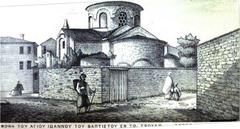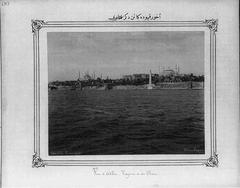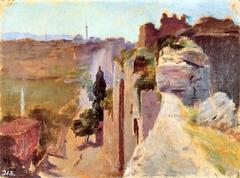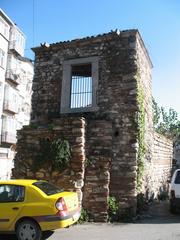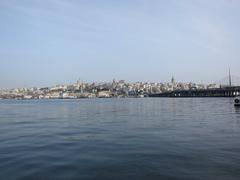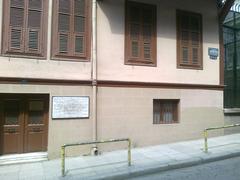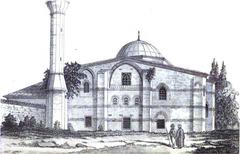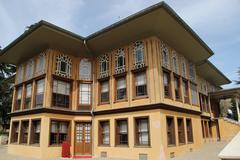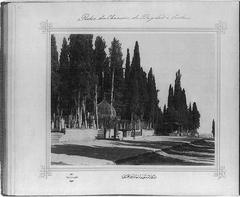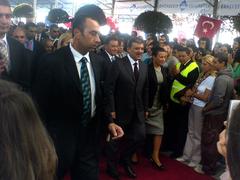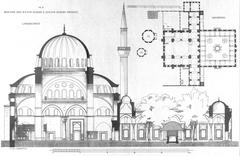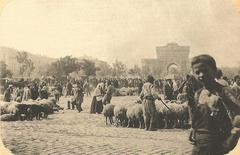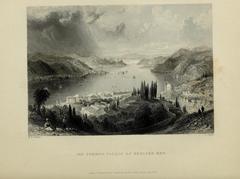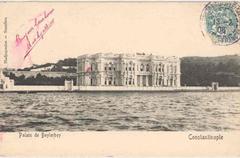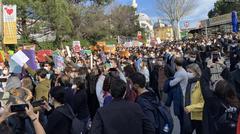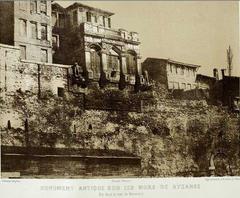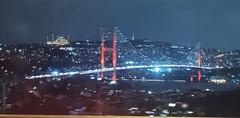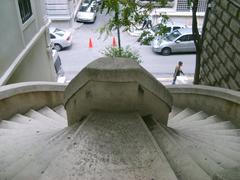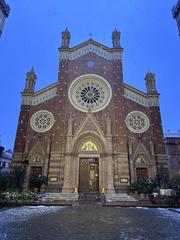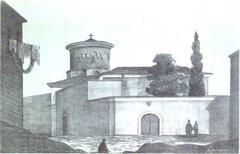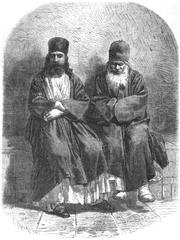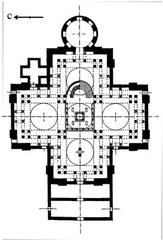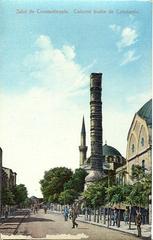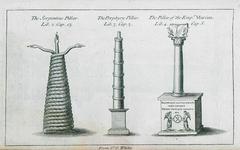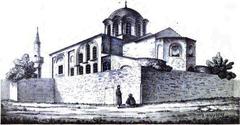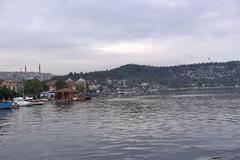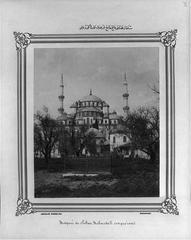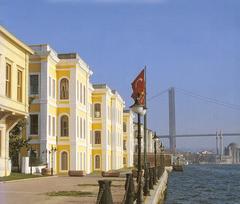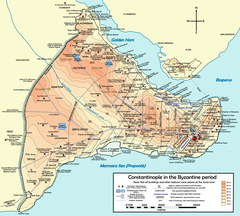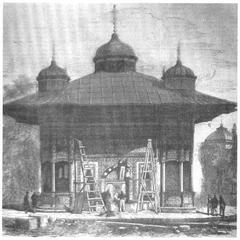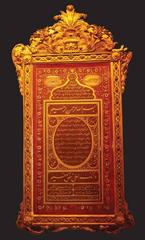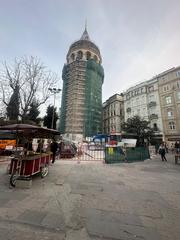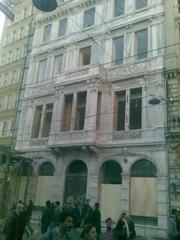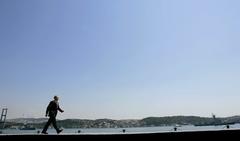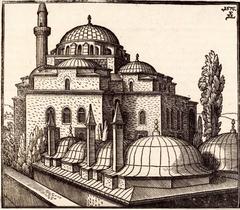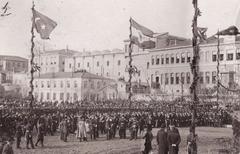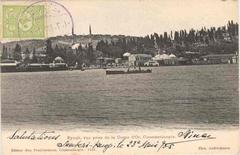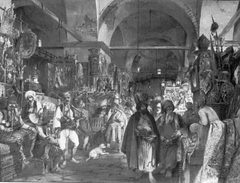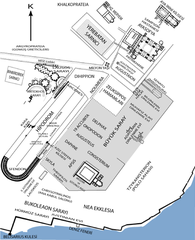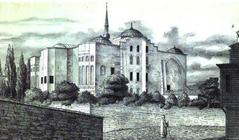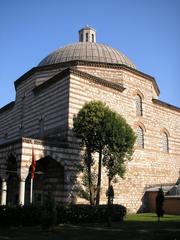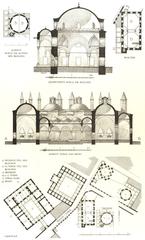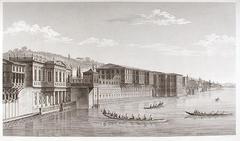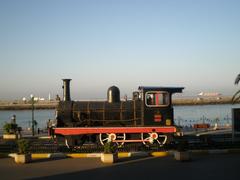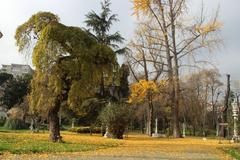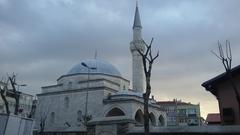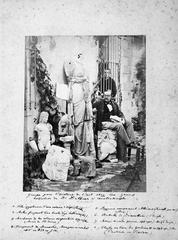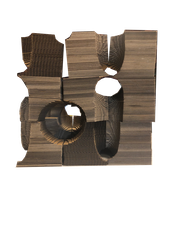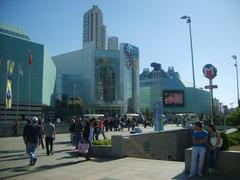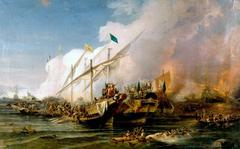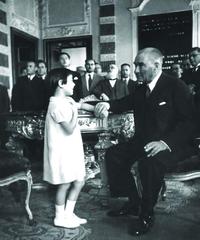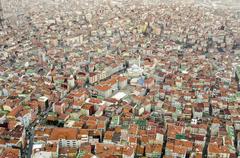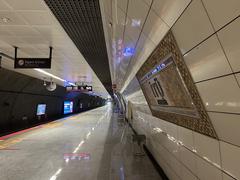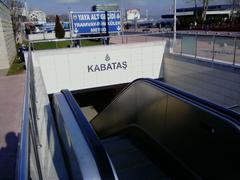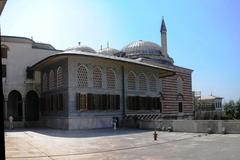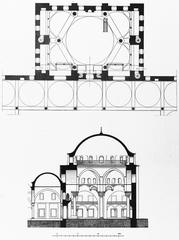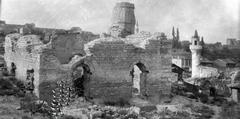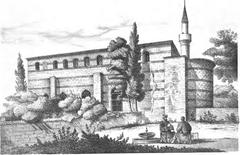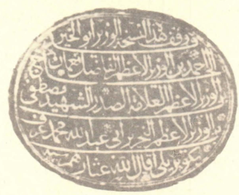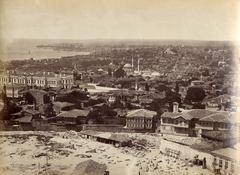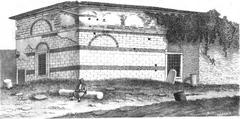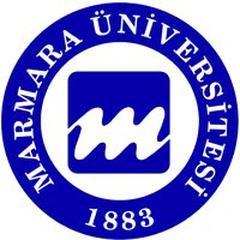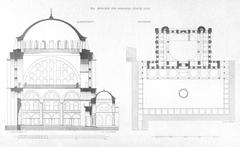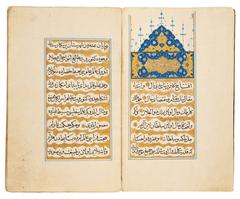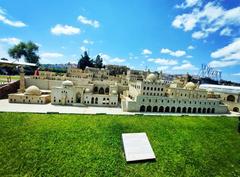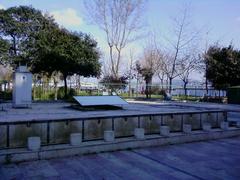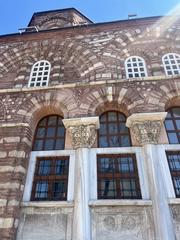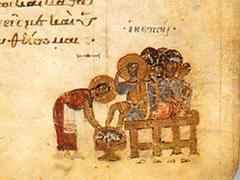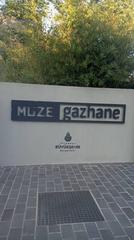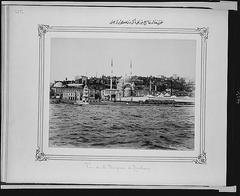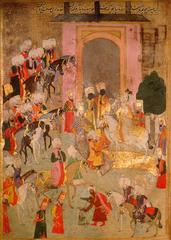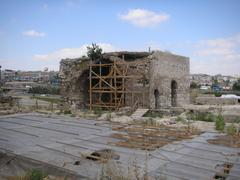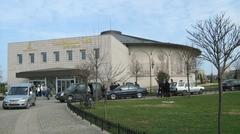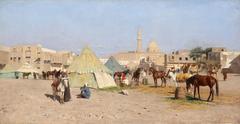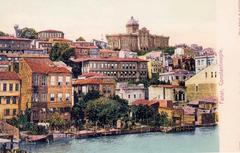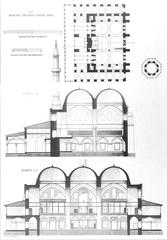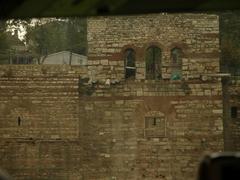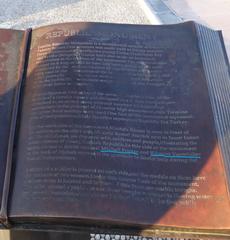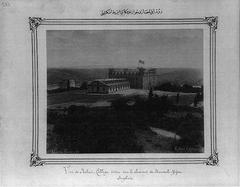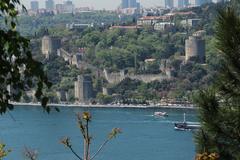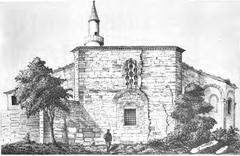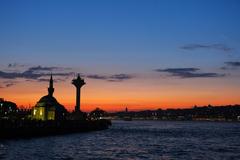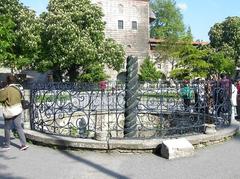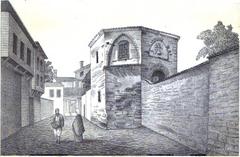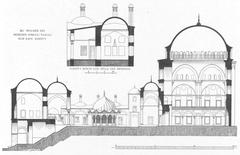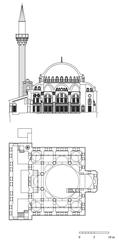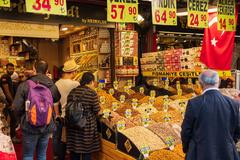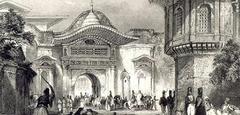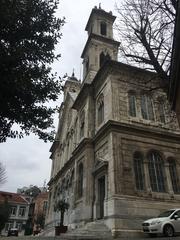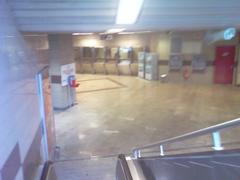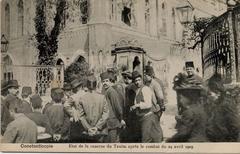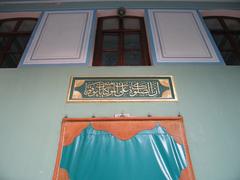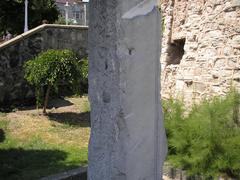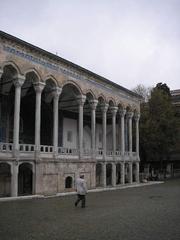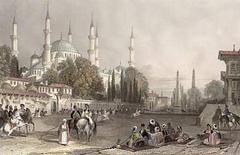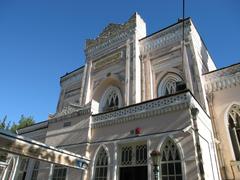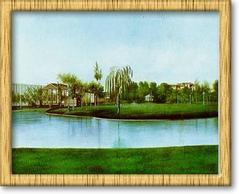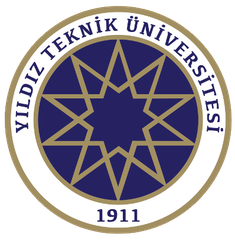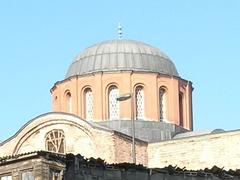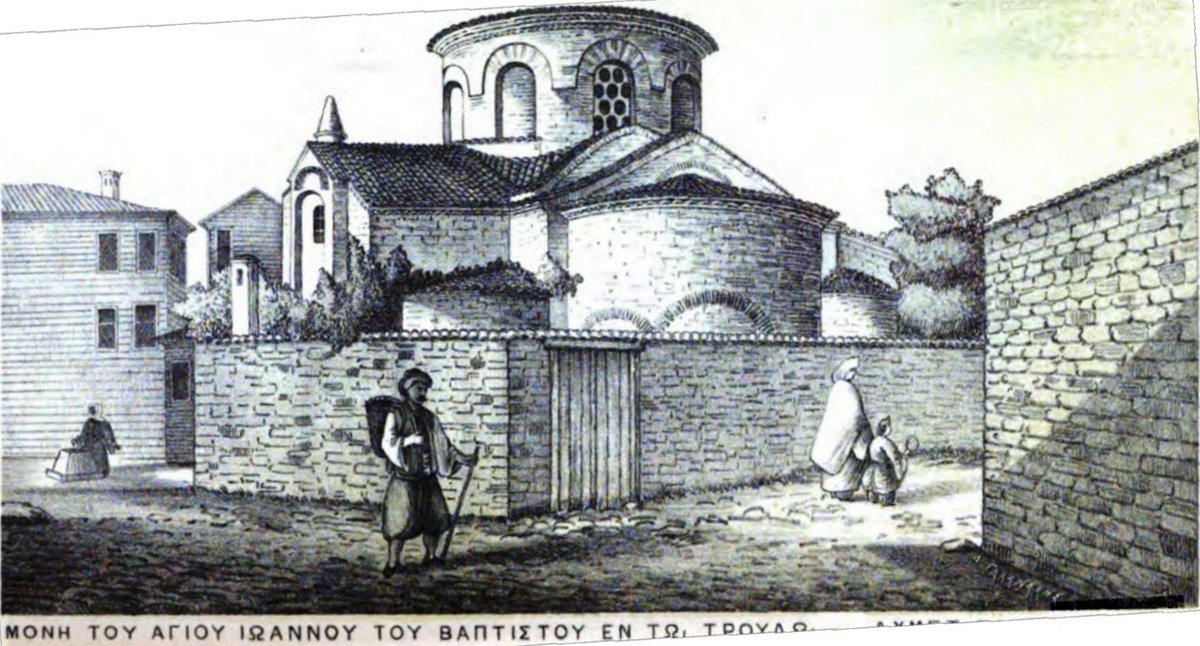
Hirami Ahmed Pasha Mosque: Visiting Hours, Tickets, and Historical Significance in Istanbul
Date: 14/06/2025
Introduction to the Hirami Ahmed Pasha Mosque
Nestled in Istanbul’s Fatih district, the Hirami Ahmed Pasha Mosque (Hırami Ahmet Paşa Camii) is a compelling symbol of the city’s layered history, representing the confluence of Byzantine and Ottoman cultures. Originally constructed as a Byzantine church dedicated to Saint John the Baptist between the 10th and 12th centuries, it is the smallest surviving Byzantine church in Istanbul (Wikipedia). After the Ottoman conquest in 1453, the building was converted into a mosque by Hırami Ahmed Pasha in the late 16th century, preserving many Byzantine architectural features while adding Islamic elements such as a mihrab and minaret.
Today, the mosque remains an active place of worship and a unique destination for visitors interested in Istanbul’s multifaceted religious and architectural heritage. Its intimate scale, architectural harmony, and location among other historical sites in Fatih make it a rewarding stop for those keen to discover the city’s hidden gems (Istanbul Clues).
Contents
- Historical Background
- Byzantine Origins
- Ottoman Conversion
- Architectural Evolution and Restoration
- Visitor Information
- Visiting Hours
- Admission and Tickets
- Accessibility
- Dress Code and Conduct
- How to Get There
- Guided Tours
- Photography Tips
- Notable Features and Architectural Heritage
- Nearby Attractions
- Frequently Asked Questions (FAQ)
- Visitor Tips and Summary
- Official Sources and Useful Links
Historical Background
Byzantine Origins
The building began as a Byzantine church, known as “Saint John the Forerunner by-the-Dome” (Ἃγιος Ἰωάννης ὁ Πρόδρομος ἐν τῷ Τρούλλῳ), constructed likely between the 10th and 12th centuries. Its cross-in-square plan, modest scale, and stone-and-brick masonry are hallmarks of Byzantine ecclesiastical architecture. The church formed part of a monastic complex that played a role in the spiritual and social life of its time (Wikipedia).
Ottoman Conversion
Following the Ottoman conquest, the church was converted into a mosque under the patronage of Hırami Ahmed Pasha between 1587 and 1598. This conversion reflected the Ottoman practice of adapting existing sacred spaces for Islamic worship. The transformation was sensitive to the building’s heritage: the Christian altar was replaced by a mihrab, a minaret was added, and the essential Byzantine structure was preserved (Kultur Envanteri).
Architectural Evolution and Restoration
The mosque’s dome collapsed in the 1766 earthquake but was reconstructed. Later 19th-century restorations altered the roofline and removed some ornamental features. In the 20th century, the building fell into disrepair before being restored in 1961, which allowed it to reopen for worship. The mosque’s current appearance reflects both its Byzantine roots and Ottoman modifications (Wikipedia).
Visitor Information
Visiting Hours
The mosque is generally open to visitors from 9:00 AM to 6:00 PM daily, except during prayer times and Islamic holidays. As hours may vary, especially on Fridays and during religious festivals, it is advisable to check local resources or the Official Istanbul Tourism Website before visiting.
Admission and Tickets
Admission is free for all visitors. Donations are welcomed to support the mosque’s maintenance and preservation.
Accessibility
Due to its historic design, accessibility is somewhat limited. The mosque’s entrance is at street level, but uneven flooring and small steps may pose challenges for visitors with mobility impairments. Assistance may be required (Kultur Envanteri).
Dress Code and Conduct
All visitors are expected to dress modestly:
- Men should wear long trousers and avoid sleeveless shirts.
- Women should cover their heads, shoulders, and knees (scarves are usually available at the entrance, but bringing your own is recommended).
- Shoes must be removed before entering the prayer hall—plastic bags are sometimes provided for footwear.
- Maintain silence and decorum, especially during prayer times.
How to Get There
The mosque is located on Koltutçu Sokak in the Çarşamba neighborhood of Fatih. It is accessible by public transportation (tram and bus lines serve the Fatih district), and taxis or ride-sharing services are also options. Its proximity to other landmarks makes it a convenient stop during a walking tour (Wikipedia).
Guided Tours
While the mosque does not offer regular guided tours, it is included in some local historical walking tours. For a deeper understanding of its history and architecture, consider booking through a reputable operator (Istanbul Clues).
Photography Tips
Photography is allowed outside prayer times, but flash and tripods are discouraged. Respect worshippers and avoid taking photos during services.
Notable Features and Architectural Heritage
- Exterior: The mosque’s compact size and Byzantine brick-and-stone masonry stand out amidst modern residential buildings. The single, low dome and the unobtrusive minaret reflect the harmonious blend of Byzantine and Ottoman styles.
- Interior: The cross-in-square plan, central dome, and simple mihrab and minbar create an intimate worship space. Surviving Byzantine architectural elements, such as stone arches and apses, can be closely observed.
- Artistic Heritage: While little original mosaic or fresco decoration remains, the building’s structure itself is a testament to the artistry of late Byzantine and early Ottoman craftsmanship (Wikimedia Commons).
Nearby Attractions
- Pammakaristos Church (Fethiye Mosque): A former Byzantine church renowned for its mosaics.
- Chora Church (Kariye Mosque): Famous for its exquisite Byzantine frescoes and mosaics.
- Istanbul Archaeological Museum: Extensive collections spanning ancient civilizations.
- Fatih Mosque and the tomb of Sultan Mehmed II: Significant sites in the Fatih district.
Exploring these nearby landmarks provides a comprehensive view of Istanbul’s Byzantine and Ottoman legacy (thebest.istanbul).
Frequently Asked Questions (FAQ)
Q: What are the visiting hours of the Hirami Ahmed Pasha Mosque?
A: The mosque is generally open from 9:00 AM to 6:00 PM, except during prayer times and religious holidays. Check local sources for updates.
Q: Is there an entrance fee?
A: No, admission is free. Donations are appreciated.
Q: Is the mosque accessible for people with mobility challenges?
A: Accessibility is limited due to historic design; some areas have uneven floors and steps.
Q: Are guided tours available?
A: Not on a regular basis, but the mosque may be included in local historical tours.
Q: Can I take photographs inside?
A: Yes, outside of prayer times and without flash or tripods.
Q: What is the dress code?
A: Modest attire is required. Women should cover their heads, shoulders, and knees.
Visitor Tips and Summary
- Plan your visit around prayer times to avoid disruptions.
- Dress modestly and bring a scarf for head covering.
- Remove your shoes before entering the mosque.
- Respect the tranquil atmosphere by keeping noise to a minimum and avoiding photography during prayers.
- Combine your visit with other nearby historical sites in Fatih for an enriching cultural experience.
- Support local businesses in the neighborhood to further immerse yourself in authentic Istanbul life.
The Hirami Ahmed Pasha Mosque encapsulates Istanbul’s history of religious transformation and architectural continuity. Its dual legacy as both a church and a mosque offers a unique perspective on the city’s pluralistic heritage. Whether you are a history enthusiast or a casual traveler, this hidden gem is an essential stop for understanding Istanbul’s spiritual and urban evolution (Hurriyet Daily News, Kultur Envanteri).
Official Sources and Useful Links
- Hirami Ahmed Pasha Mosque - Wikipedia
- Istanbul Clues - Best Mosques
- Kultur Envanteri - Hirami Ahmet Paşa Camii
- Official Istanbul Tourism Website
- Hurriyet Daily News Article
- Wikimedia Commons - Hirami Ahmed Pasha Mosque
- thebest.istanbul - Most Beautiful Mosques
- Turkey Travel Planner - Mosque Etiquette
- The Turkey Traveler - Istanbul in June
- Latitude - Hirami Ahmed Pasha Mosque
